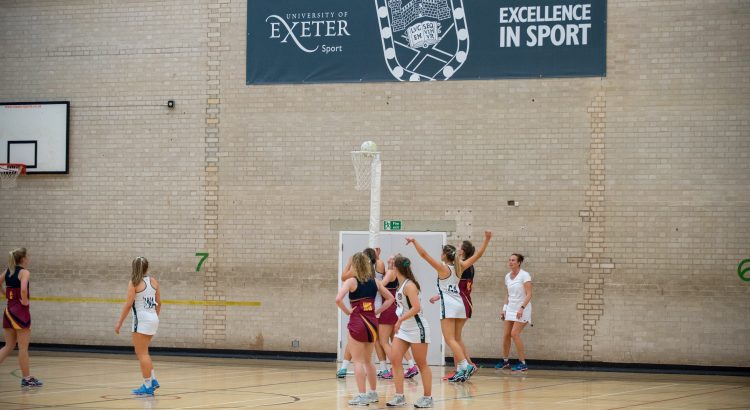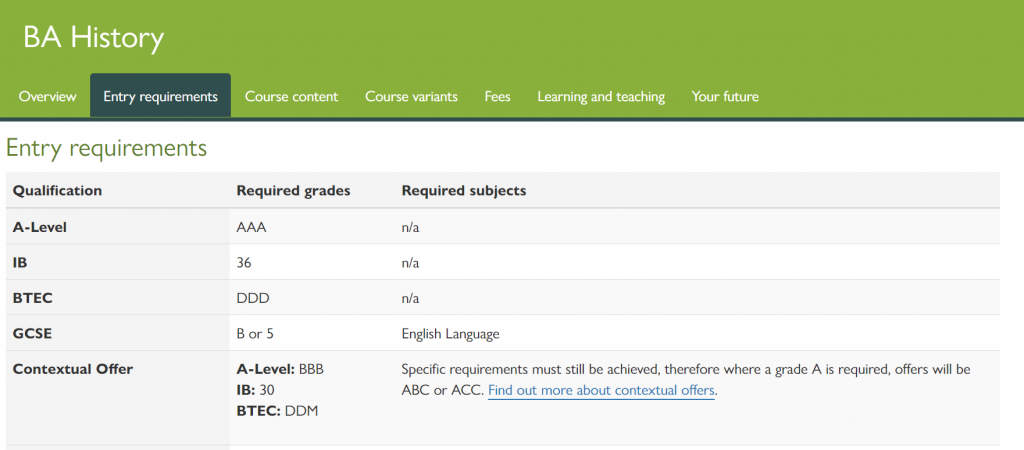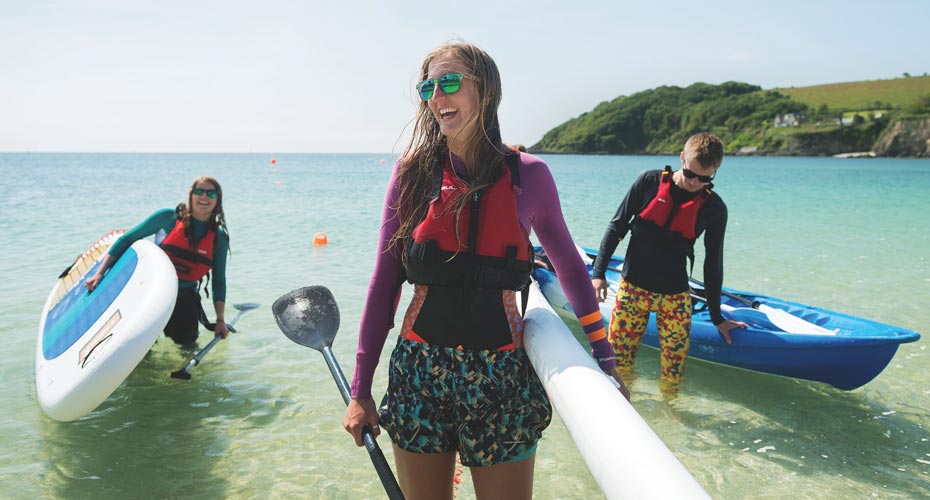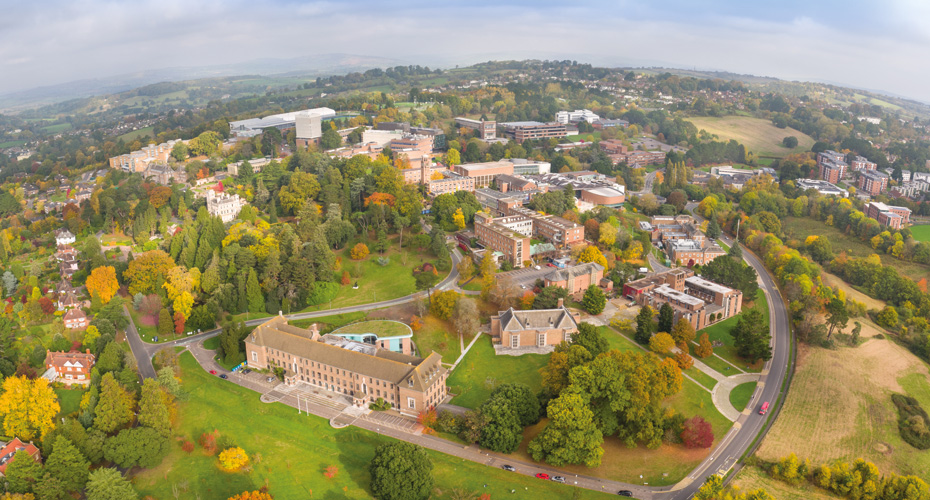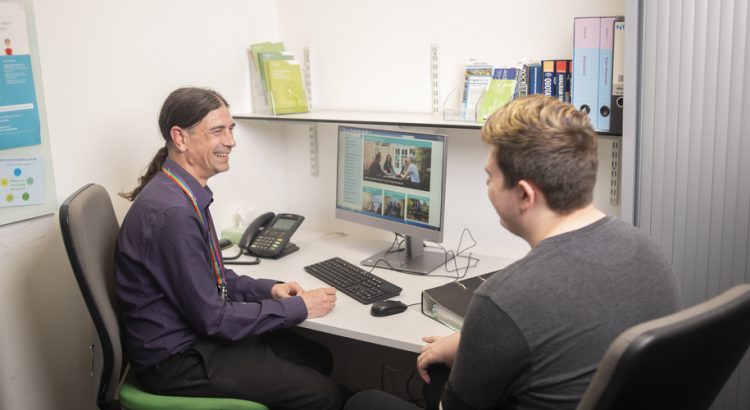By Bethany Brinsmead-Williams

I’m a first-year English student at the University of Exeter, and have just experienced the impact of Covid-19 on my first two terms. It’s been a very strange year – with words and phrases such as ‘key worker’, ‘social distancing’, ‘lockdown’ and ‘masks’ becoming everyday language. And, of course, what with social distancing and restrictions on meeting in person, this academic year has been an interesting one. In the beginning, it was a little unsure whether I’d even be able to move to university, and the run-up to my September move-in date was a nervous one, due to the swiftly changing rules and restrictions!
Many of my peers were unsure about whether they should commit to university this year, or whether taking a gap year was the better option for them. Personally, I was eager to begin my university experience, and so was willing to accept some restrictions in order to start the next stage in my academic journey. I haven’t regretted my decision to start university in the slightest – although it hasn’t been exactly what I expected, overall my first year at university has been an incredible experience. It’s been filled with new friends, engaging teaching, exciting new challenges, and a lot of memories to look back on (yes, including the lockdowns!). As my subject hasn’t yet been advised that we should return to university, I’m currently studying from my family home, but I’m confident that my studies aren’t being negatively affected in the slightest – I’m still able to access the resources I need, connect with academics and peers, and keep learning, wherever I am, and am very thankful for the technology that allows this.

A positive of the last two terms has been that everybody I’ve met has been really keen to connect – people were purposefully putting in effort, planning group walks, meeting in outside spaces and studying in cafes (when restrictions allowed), and overall it was still completely possible to meet with my peers. Of course, the restrictions provided a bit of a challenge at times, but we’ve just all had to be a little more inventive, making the most of times when we were able to meet in person, and organising socially distanced walks or video calls when we had to stay apart. I may have met a few less people than I would have in an ‘ordinary’ year, but I think I’ve got to know those I have met really well – we’ve had to purposefully organise ways to meet, and so have made the most of our opportunities!
At times, it has felt like a bit of a shame to not be able to do things in person, and I do look forward to next year, when hopefully I’ll be able to attend more lectures and seminars in person – but overall, I don’t feel that there has been any negative impact on my studies as a result of coronavirus. Of course, it’s been a different experience – but in no way has it been a bad one!
I have experienced a limited amount of in-person learning, attending a few seminars on campus but mostly I’ve been watching lectures and attending seminars from behind my computer screen. When I was studying on the university campus, all the measures that could be taken to minimise the chances of Covid-19 spreading were taken – social distancing, open windows, masks in seminars, hand sanitiser and careful tracking removed a lot of the potential concern around the idea of interacting with others. However, I learnt very quickly that, when attending seminars in person, masks and glasses don’t mix!

So, overall, my learning has been online – and overall, it’s been enjoyable and encouraging! Throughout the last two terms, the university has listened to students and done what they can to allow us to keep learning in an un-interrupted way. The university team have been incredibly understanding of the potential extra stress caused by Coronavirus – and one of the ways they’ve helped take some of the pressure off of us students was connected to their mitigation policy in the first term. The student body were allowed to ask for extensions without needing to offer a reason – a decision which lessened the pressure and demonstrated that the university was aware of the strangeness of this year of study.
It’s also been easy to access everything I needed – whether texts from the online section of the library or office hours with my seminar leaders. There are, of course, a few frustrations around online learning (with muting and unmuting and connection issues being the main annoyances) but the quality of the learning has remained outstanding. A bonus connected to online learning for me was not having to trek up the sizeable hill that lies between my accommodation and the campus!
Another really positive element of online learning has been the freedom to study wherever we like. There have been available study spaces across the campus, but I also have a friend who’s been attending their seminars and lectures on a bench outside their accommodation and enjoying being able to spend time outside in a way we wouldn’t have been able to, in a ‘normal’ year. I’ve also made the most of the beautiful Streatham campus and studied outside as much as I could!

I’ve still been able to interact with my peers and with the lecturers and seminar leaders – especially through office hours, and through the last two terms I’ve been able to easily sign in and connect with people. As would be expected, these interactions have been different to how they would be in a more normal year, but they’ve still been meaningful and important to my learning. Involvement in conversations and discussions has also been very possible, with our seminar leaders ensuring every participant is able to voice their opinions – whether that’s through recognising that someone is holding back from speaking (an impressive feat from the other side of the screen), or simply taking the time to ask each individual about what they have to add to the discussion.
There have also been opportunities to join extra workshops and talks – and many things that would usually happen in person (such as poetry-reading sessions and citation workshops) have been offered online throughout this time of restrictions. Even group work has still been able to happen – in my seminar groups, we’ve given presentations and edited Shakespeare, utilising video calls and online document-editing to work together whilst being separated.
Connections with other students and with lecturers and academics have still been very possible – they’ve just required a little more organising, and as would be expected, have often been online. Many of the university’s societies have continued to meet online throughout the periods of lockdown and restriction, and I’ve been able to partake in a multitude of activities – from a virtual weekend away to Zoom bake-alongs!

It’s actually been a very exciting and memorable experience, and it’s been interesting to see all the different ways clubs and societies have provided ways for their members to meet. I’ve taken part in a city-wide photo scavenger hunt, joined orchestra rehearsals in which every member muted themselves and played along to a recording, and joined a group of artists to chat as we worked on our individual projects. There have been socials, quizzes, lessons and informal chats – and although it hasn’t been quite what I expected, I’ve still been able to connect with many people who share my interests, and I look forward to carrying those connections into the next term and year.
Of course, it’s been an odd year – but it has been a fun one! I already have many memories to look back on that would never have existed without Covid – a variety of walks, the hilarity of trying to communicate through masks, the experience of lockdowns – in 10 years, I’m sure I’ll look back on this entire experience with fond memories, and enjoy telling stories from this very strange beginning to the next stage of my life.
In many ways, you could look at the past few months as the ‘worst case’ scenario – but yet, I can confidently say that it’s been a positive and enjoyable experience. I will admit that it hasn’t been quite what I expected, but I can truthfully say that I have no regrets about deciding to start university this academic year. Of course, I look forward to restrictions lifting and things being more in person again, but I’m very glad I made the decision to take the leap and start my first year of university during Coronavirus. My first year of university has certainly been unusual – but has also certainly been an amazing experience!
Read more about the commitment to our students university experience


